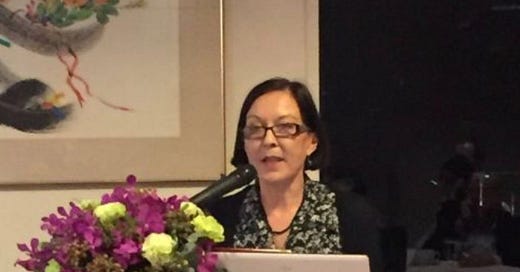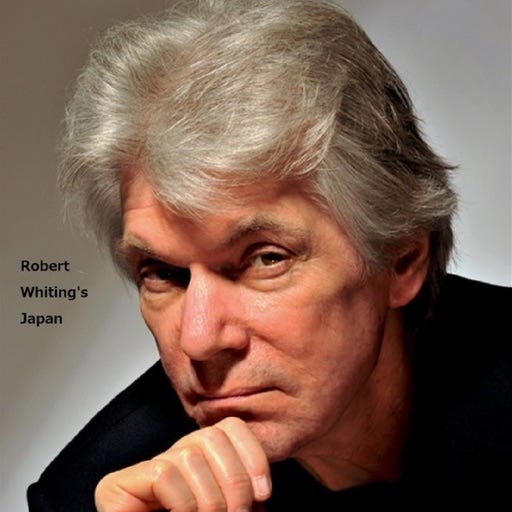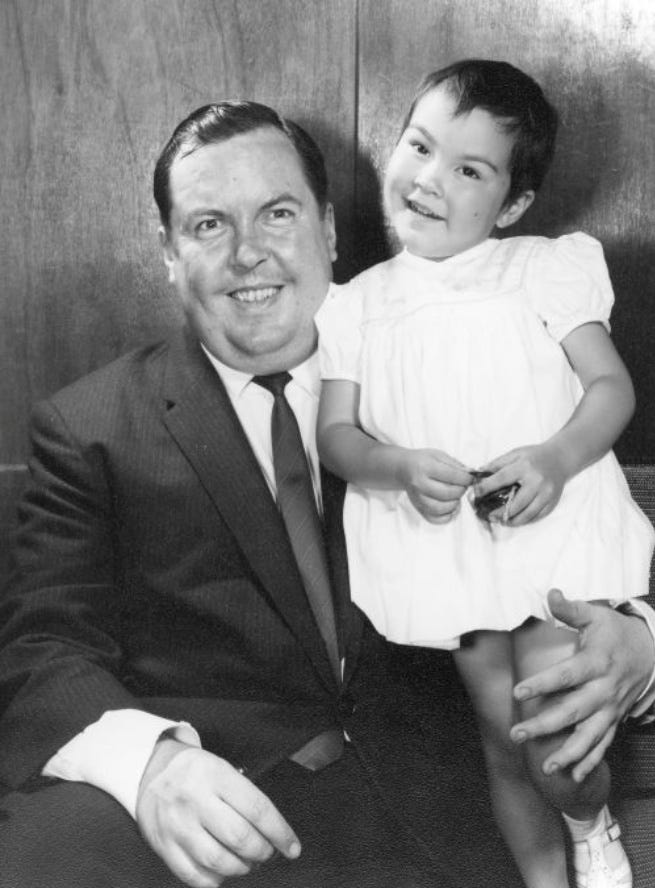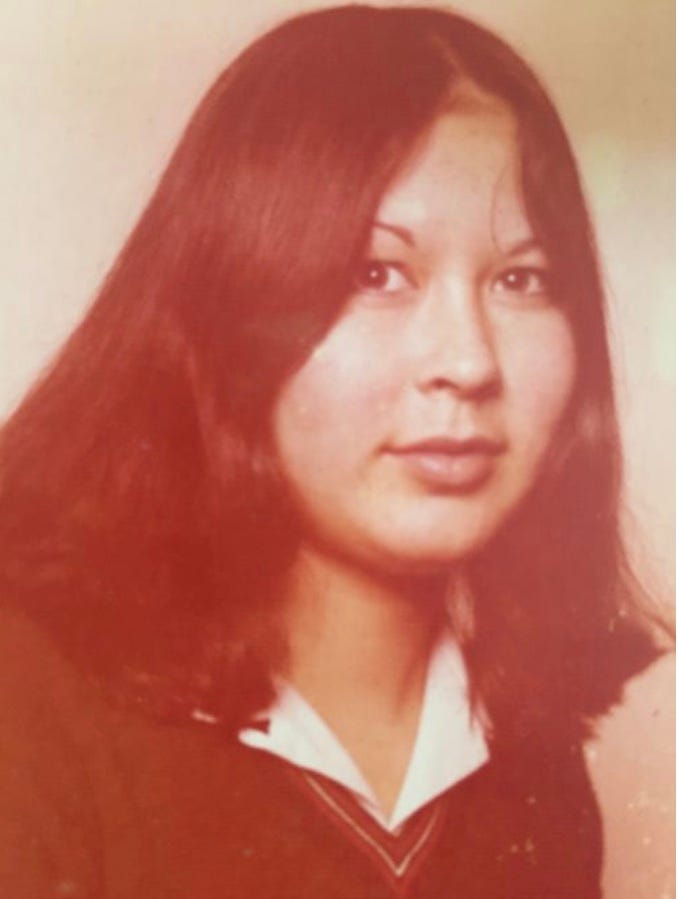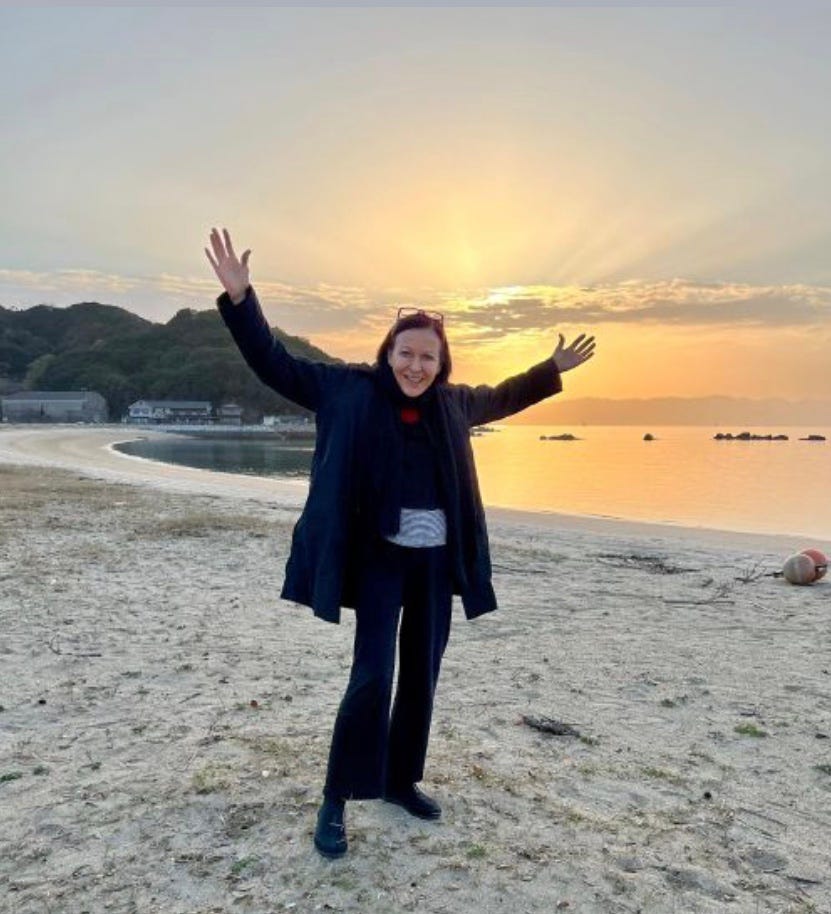Remembering Gwen Robinson …
TOKYO — This is a tribute to Gwen Robinson, an old friend and journalist associate who passed away recently at the age of 65, after a long battle with cancer.
Her full name was Gwen Akiko Robinson, the daughter of an Australian journalist and a Japanese woman, who was born in the United States. She was a Bangkok-based editor-at-large for Nikkei Asia, at the time of her death.
Prior to that, she had worked as a correspondent for the Financial Times from 1995 to 2013 holding numerous position within the FT, including eight years in London as comment editor, foreign desk editor, and online news editor. She was also posted to Tokyo, Jakarta, Washington and other FT bureaus.
She later moved to Bangkok where she represented the new English language Nikkei Asia magazine, established in 2013, under the auspices of the Nihon Keizai Shimbun, which later purchased the Financial Times.
Gwen served as present of the President of the Foreign Correspondents’ Club of Thailand (2019 - 2021) and was a long-standing member of the FCCJ in Tokyo.
Much of Gwen’s later work in Bangkok was focused on Myanmar as it underwent major political and economic changes that continue to unfold.
Gwen had friends and key sources in every city in Asia and was familiar with their best watering holes. She was a human dynamo. She could drink most other reporters under the table and was a resolute smoker who refused to quit even though she knew it was damaging her health. She was also whip smart, deeply knowledgeable about a wide array of subjects, and was a first-class editor, who improved many of the columns I wrote for Nikkei Asia.
Gwen loved to argue.
I would meet her for drinks and 10 minutes would not pass without her picking an argument.
For example, “Why do you keep writing about baseball, Bob?” she would nag me, “why don’t you do something that matters, like the write on the Imperial family.”
“More people care about baseball than the Imperial Family,” I would say.
“I don’t think that’s true,” she would argue and a flurry of emails would ensue the next day buttressing her position with cherry picked Nielsen ratings. I would respond with surveys of my own and she would switch to the subject of my ever burgeoning waist line which was an argument I could not win.
Gwen was also incapable of being on time. Make an appointment to met her at 6:00 PM and she would stroll in an hour or two later as if that was the most natural thing in the world to do. But she was such entertaining company that it was always worth the wait.
Gwen spent her final hours on the 27th floor of a Bangkok hospital under intensive care. Her ward was rocked by strong tremors from an earthquake in Sagaing near Mandalay, Myanmar, and in an ill-judged move was temporarily relocated.
Gwen was close friends with Mary Corbett, daughter of an American restaurateur and a Japanese mother, who resided in Yokohama. Mary passed away last year. It’s almost as if they made a pact to go out together and are up in heaven know drinking gin and tonics.
I miss them both greatly.
Stephen Givens, a Tokyo-based lawyer who regularly contributed to Nikkei Asia said the following in a recent email:
“I wrote some pieces about my own childhood in Tokyo for the Tea Leaves corner of Nikkei Asia that Gwen edited. Since Gwen herself had also grown up in Tokyo about the same time I think they struck a nostalgic chord with her. She was wonderfully generous in her praise and subtly editing to make my writing stronger.
“Is it enough to say she was a good and generous editor?”
Peter Langan, former Bloomberg Tokyo Bureau Chief and FCCJ President had the following remembrance of Gwen:
One of the wonders conjured up by Japan’s legions of miracle-making engineers is the construction of the Osaka (Kansai) International Airport. Work began in the late 1980s.
If building a massive new airport wasn’t a challenge enough, the decision was made to build it on water … meaning the first step was to construct an artificial island in Osaka Bay.
As the project proceeded, it was widely and appropriately lauded as one of the engineering wonders of the world. Japan, of course, took pride in this, as would any country.
I found myself working at the Nikkei Telecom News Service at the time as a sort of copy editor and met Gwen in one of her incarnations at the company. I remember clearly her blunt-stare that quickly sized you up and then the smile that followed once she figured she had you slotted into a framework she could work with. Though, frankly, I didn’t get to work with her that much.
As time sped by, dozens of stories ran on the airport project — it’s sinking, it isn’t sinking, it’s over budget, it’s back on track.
Then a story landed on my desk one evening that said something along the following lines:
Osaka Bay is subject to strong seasonal winds in spring and autumn, which will likely cause flights arriving at the new airport to be diverted to other places … like Okinawa and Hokkaido.
More than a bit puzzled, I took this to the desk editor, an older Japanese fellow whose name I can’t recall.
“I don’t get this,” I said. “Billions of dollars and zillions of man-hours have been spent on this engineering marvel, but no one checked the weather? This is saying that for about half of the year, passengers flying in won’t know where they are actually landing?"
Trying to bring some levity to the discussion, I asked how will passengers pack? Shorts or Skis? Suntan lotion or overcoat? Maybe both?
That didn’t work.
I explained my concerns in a couple of variations and the editor listened, while glancing back and forth at the copy in his hand. We eventually reached a silence and he said to me:
“This is the Japanese way.”
I didn’t understand it at the time, but this was my first “real” introduction to Zen koans and the sound of one-hand clapping. I’d read about them, knew the intellectual concept; but this statement penetrated deep, scrambled my sense of reason and left me with mouth ajar and speechless. I don’t know how long I stood there, but eventually I found myself back at my own desk mumbling “This place is mad.”
I shared this tale with Gwen at some point, venting outrage and expecting sympathy and commiserations. I didn’t get any. She basically told me to stop the whingeing and get a grip. The world is mad, so figure out how to get on with it. (The word “pom” wasn’t mentioned but it hung in the air.)
Never had the chance to tell her that after my sensitive snowflake soul got over the sulking, her advice proved invaluable. Madness in newsrooms is the rule as they merely mirror what goes on. Instead of spending countless hours in future, useless ravings against the machine, I could remind myself to “just get a grip.” Thanks Gwen.
Photos courtesy of Mark Robinson (Gwen’s brother)
Autographed copies of Robert Whiting’s books are available for purchase. These include Gamblers, Fraudsters, Dreamers & Spies, You Gotta Have Wa, Tokyo Underworld, The Meaning of Ichiro, Tokyo Junkie, The Chrysanthemum and the Bat. If you are interested in purchasing a book, please send an email to: robertwhitingsjapan@gmail.com

